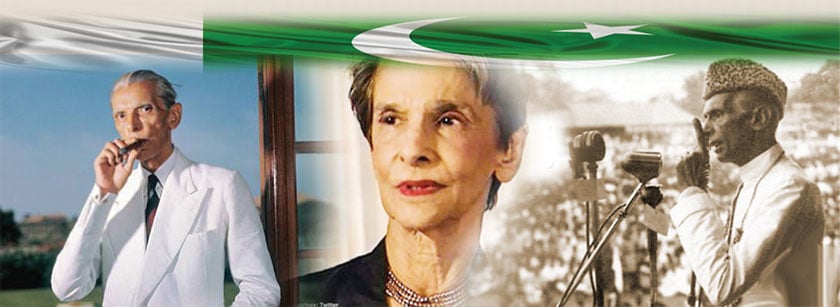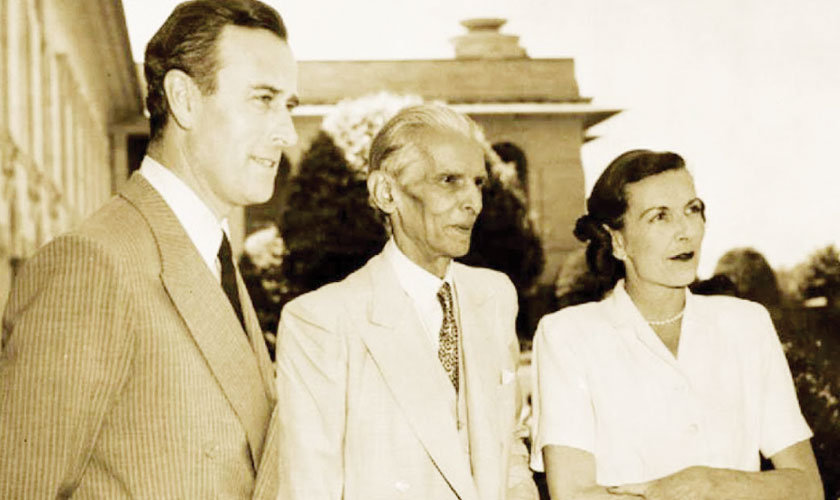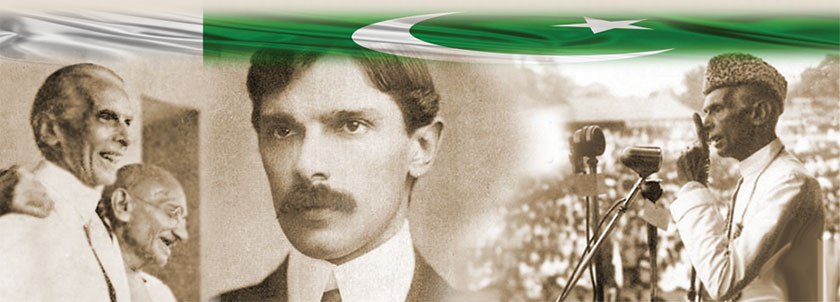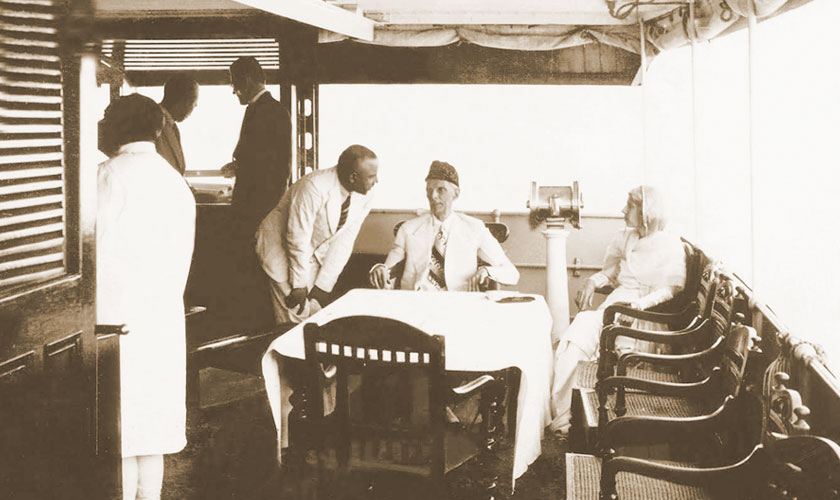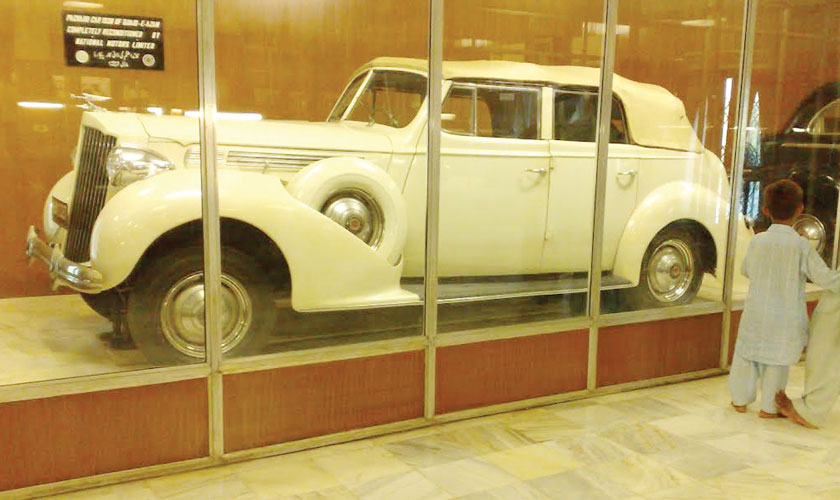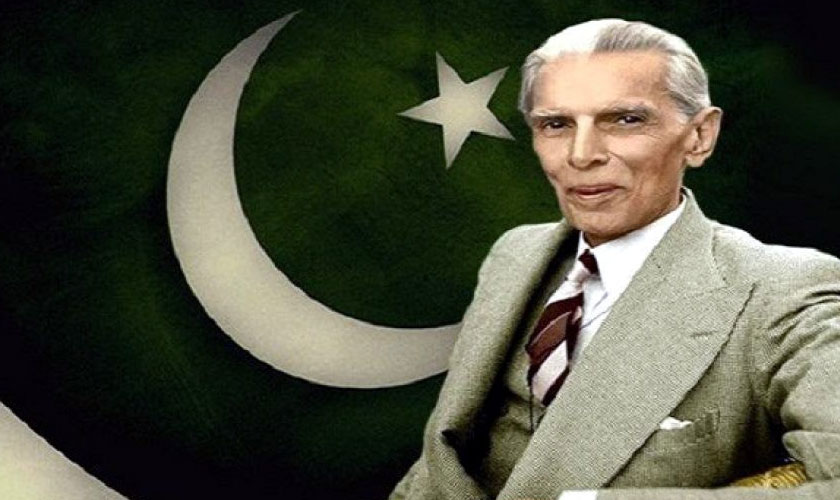COVER STORY
I grew up disliking some and hating a couple of subjects I had to study to fulfil my parents’ and grandparents’ and probably their grandparents’ dream of becoming the first female doctor in the family. I confess I was not a good student initially, as I was what they call pejoratively a ‘tomboy’. Oh yes, I was into sports. Plural. I was almost on all school teams, and as a result my academic performance was not top notch. I managed to retain my place among the first six ranks in my monthly report because I was told that the moment my rank slipped to seven, it would be goodbye to sports. I knew it was not an empty threat; my father meant it, so the only way I could play was to study!
Do you know why I did not want to study? I bet you do, because little has changed since I graduated; I see my young nieces and nephews using almost the same study material. So, it should not come as a surprise that one of the subjects I actively abhorred was history. The reason is obvious: our textbooks are boring. Especially the history textbooks that have hardly faced an edit since they were written years and years ago. And, believe me, that can sometimes alienated students away from their own history. Since the books are so boring, you don’t feel like doing any further research into the subject matter contained within. Quaid-e-Azam Mohammad Ali Jinnah, father of our nation and the man largely responsible for the independence we have today, has sadly become one of those very subjects. For a man who represents so much to us, there isn’t a lot most people actually know about him. At least I didn’t. Not before I embarked on a quest to find out more about him with the help of dear old Google. What did people do before Goggle, seriously? Especially since libraries are almost non-existent for most middle-class students. One thing that our Pakistan Studies book tells us quite a bit about is the Quaid’s politics, and those fourteen points that EVERY student simply had to memorise – at least until a few years back.
We never really learnt about Quaid-e-Azam as a person. Never saw him in a role outside that of the political arena. And, maybe, it’s time to change that. You just need to visit the museum which is housed in the Quaid’s mausoleum compound to get a glimpse of his lifestyle; it was awesome. I was bowled over by his personal items of use like his watch, coats, sherwani, shoes, furniture, car, cutlery, crockery, etc.
Do you know what else Quaid-e-Azam possessed, among other thing? Two hundred suits. Yes, you read that right. There was a time in his life when he came to own around two hundred suits. He was a man who took great pride in his appearance. From the time he started out as a barrister in England till after he came to Bombay to establish his law practice, he was always impeccably dressed.
The fact that he is generally held to have been a very good-looking man probably didn’t detract much from his appearance, either. As a barrister, he never wore the same tie twice. The ties all happened to be silk, by the way. Some haters might call that vanity, but there is something extremely impressive about a well-dressed man (boys, take note!).
Quite a few people get conflicted about their career choices every now and then and Jinnah was no different. Quaid-e-Azam loved Shakespeare and briefly considered a stage career with a Shakespearean company, but that dream ended when his father pretty much told him that he couldn’t. How different the course of history could have been if he had taken this alternate route in his career. The law profession wasn’t a bad choice for him, though; he did manage to be the youngest Indian to be called to bar in England. He was just nineteen at the time.
He was widely held to be a brilliant lawyer in his time and was even described by Mahatma Gandhi himself as ‘one of the two cleverest lawyers of India’ and coming from Gandhi who probably wasn’t his greatest fan, this is a pretty big deal. His name was associated with several high-profile cases of those times. He had a highly lucrative practice in Bombay and was not only known for his brilliant courtroom manner and tactics but also his ability to remain unfazed in the face of demanding circumstances. He fought his last court case in 1945.
While the story of Jinnah’s marriage to Rattanbai (Ruttie) Jinnah is somewhat popular, he was actually also married once before when he was only fifteen! His first wife, Emibai Jinnah was only fourteen at the time. He left for England soon after the nikah, however, and she died when he was away. They were married for roughly a year.
Coming back to his relationship with Ruttie Jinnah, theirs was a relationship that started out as being like something out of the pages of a romance novel. Differences in age, religion and social standing made them polar opposites. She went against her family to marry him and converted to Islam in the process. While the early days of their marriage are reported to be happy, Jinnah’s growing involvement in politics and his work slowly tore him away from his wife. And they were, for all intents and purposes, separated near the end of Ruttie’s life. The letter that she wrote to him before passing away shows that despite their difficult relationship, she still loved him very much. She died when she was aged just twenty-nine. Jinnah, himself, is said to have publicly cried on only two occasions. Once on the day of Ruttie’s funeral and once just before he left for Pakistan in 1947 – when he went to visit her grave for one last time. Her death was a huge blow for him and he never married again. They had one daughter, Dina.
Jinnah house, was the house he built: his pride and joy. Originally called South Court, it is situated in South Mumbai. It took around 2 lacs to build it back in 1936 and this was quite a huge amount in those times. Out of deference to Jinnah, and also as a personal favour to him by Jawahar Lal Nehru, it was never declared enemy property as were most of the properties belonging to Muslims that emigrated to Pakistan but it went to the Indian government. Over the years, there have been talks several times for the house to be made into a Pakistani Consulate, but these have never been realised.
His daughter, Dina Wadia, requested that the property be given to her but because of various legalities, nothing has transpired of this request as yet, and since Dina is no more, nothing probably would.
His end came as a result of tuberculosis, an ailment that is rampant in Pakistan to this day. He had had the disease for a while and he hid it because he knew that if it were ever revealed that his end was near, the dream of Pakistan will suffer a great deal. While he did undergo treatments, they failed to cure him and he ultimately died at the age of seventy-one.
Let me make an honest confession here. All this information above wasn’t a product of a whole lot of painstaking research. No biographies were read to accumulate these details. All this is quite easily available on the internet for those who want to read it. And maybe it’s high time we did. We talk about making Jinnah’s Pakistan, but can we really do that if we have no idea how he was as a person? He was a man with unfailing integrity, who refused any part in corruption. He was a man who was persistently hard working. He was a man who was a master at his chosen craft. To make Jinnah’s Pakistan, we need to fashion ourselves according to these very important ideals of his. Was he a man without faults, an epitome of perfection? No. But then again, who is? But his strong points are the ones that make nations successful and we would do well to learn from them, especially at a time when our country is in such turmoil. After all, despite my lack of love for history, I have to say that to move forward, we need to go back in time, sometime.
“Pakistan is proud of her youth, particularly the students who have always been in the forefront in the hour of trial and need. You are the nation’s leaders of tomorrow and you must fully equip yourself by discipline, education and training for the arduous task lying ahead of you. You should realise the magnitude of your responsibility and be ready to bear it.” (Jinnah, 1947).
“God has given us a grand opportunity to show our worth as architects of a new State; let it not be said that we did not prove equal to the task.”(Address to Civil, Military and Air Force Officers, 11 October, 1947).
“Get out of tranquility and step in the practical life. Dedicate your faculties to seek improvement in every field to make the condition of people (better).
It is only then we can be strong enough to counter threats to our nation and defeat our enemies.” (Message to Bohra students of Karachi, 13 Jan 1941).
“I insist you to strive. Work, Work and only work for satisfaction with patience, humbleness and serve thy nation.” (All India Muslim Students Conference Jalandhur, 15 Nov 1942).
https://www.thenews.com.pk/magazine/us/1078263-jinnah-the-man


